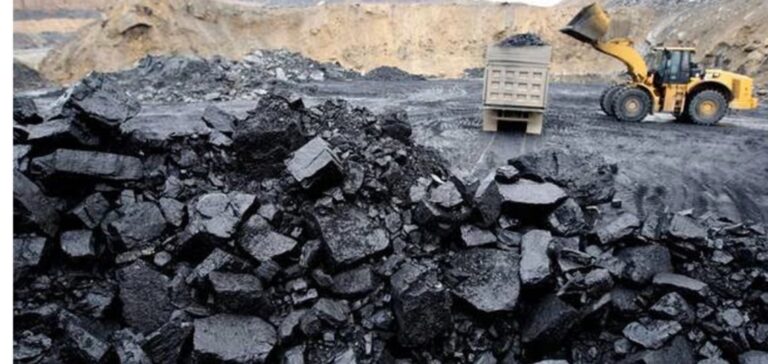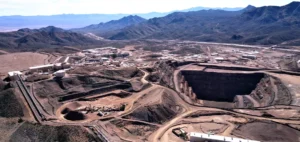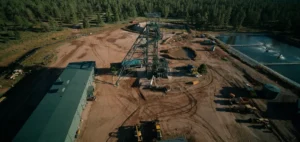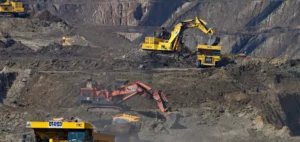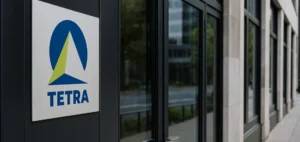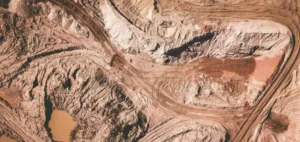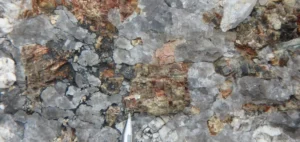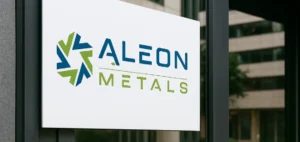Lithium extraction in Nigeria is expanding rapidly, attracting both artisanal miners and foreign investors. Nasarawa State, located in the center of the country, has become a key hub for this activity due to its significant reserves. The booming global market, driven mainly by the production of batteries for electric vehicles, positions Nigeria as an emerging player in this industry.
Extraction dominated by artisanal practices
In the Gidan Kwano region, many workers extract lithium from open-pit mines, often without official permits. Although artisanal mining is sometimes illegal, it provides a significant source of income for the local population. Miners, including men, women, and children, participate in this industry by manually digging the rock, sometimes using explosives. The sale of raw lithium blocks to Chinese intermediaries has become a common practice.
Along the roads of Nasarawa, makeshift warehouses serve as sorting and cleaning sites for the mineral. The informal value chain allows many locals to generate income, but working conditions remain rudimentary, and accidents are frequent.
Foreign investments and China’s role
In contrast to artisanal mining, Chinese companies such as Avatar and Ganfeng have invested in local processing facilities. These companies convert raw rock into lithium oxide before shipping it to China, which remains the world’s leading lithium refiner. Chinese involvement in the sector continues to grow, despite the Nigerian government’s efforts to attract other investors.
A memorandum of understanding signed in late 2024 between Nigeria and France aims to develop mining projects, including lithium extraction. However, foreign investments remain largely limited to Chinese firms. The Nigerian government has introduced a requirement for foreign investors to build local processing units, a condition that reportedly discouraged some major industry players, including Tesla.
Regulatory challenges and local tensions
Nigeria’s mining sector is still developing its regulatory framework. Authorities frequently crack down on illegal mining operations, yet they persist due to the high demand and lack of oversight. The absence of precise data on mineral reserves and the lack of comprehensive geological studies further hinder market structuring.
Additionally, lithium extraction has fueled local disputes. Conflicts between communities over resource distribution and tensions between foreign companies and local populations have been reported. In some areas, armed groups have taken control of mining sites, adding a security dimension to the sector’s expansion.
A rapidly evolving strategic market
As global lithium demand is expected to increase fortyfold by 2040, Nigeria is seeking to structure its industry to maximize economic benefits. The integration of local processing units and the formalization of mining activities remain significant challenges for the country.
Nigeria’s lithium development will largely depend on the government’s ability to regulate the sector, attract new investors, and secure mining zones. Current dynamics indicate a growing interest in this strategic mineral, presenting substantial economic opportunities for the country and its industrial stakeholders.


